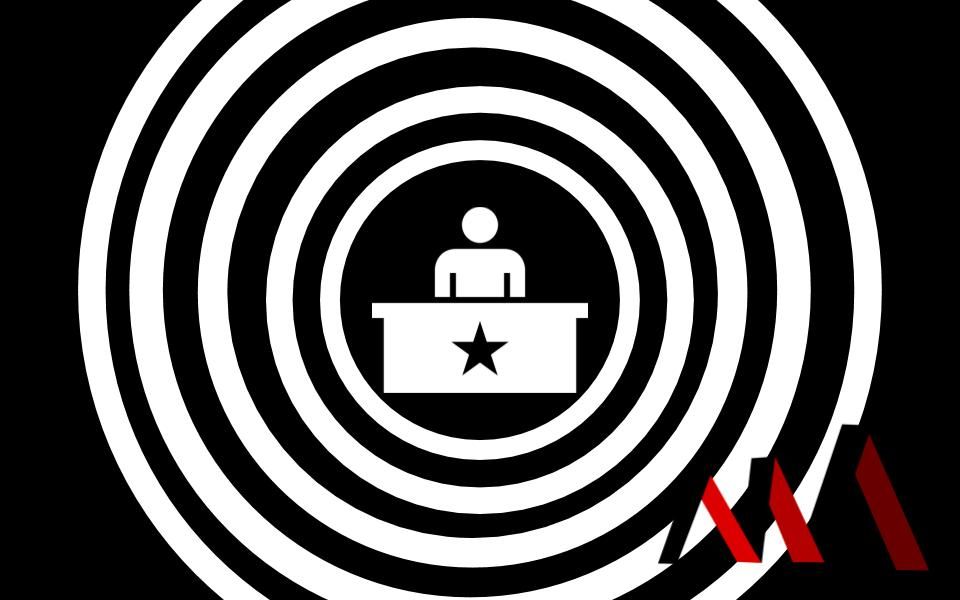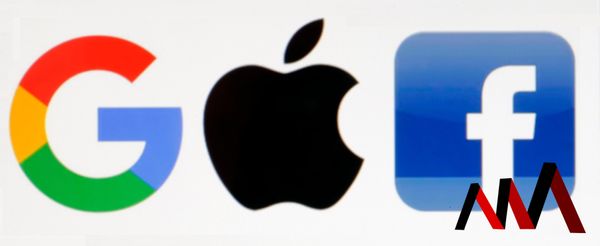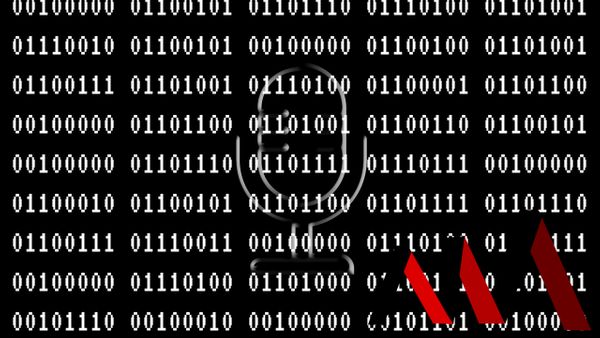Victories & Losses of the Free Internet - Part II (The Conflict on Freedom)
Unfortunately, the seemingly endless extent of a free internet that emerged in the late 1990s had to come to an end as corporate consolidation and governmental action combined to set formal limits to cyberspace.
Copyrights & Denying Student Rights
As part of the neoliberalism that defined the 1990s technology explosion, users sought free access to materials digitized significantly from the free and open venues present throughout the net. After all, it was just zeros and ones in the end, right? In spite of this reasoning and the openness those binary codes led to a conflict with the law. 1998 saw one of the first successful attempts to regulate the internet in the Digital Millennium Copyright Act.
Passed as a legislative implementation of the World Trade Organization’s Copyright Treaty and Performances and Phonograms Treaty , it passed with significant bipartisan support, formally criminalizing the use and sale of technologies that circumvent copyright protections in Section 1201. Yet, similar to Section 230 of the Communications Decency Act, the DMCA contained a protection of service providers and online networks against legal challenges. However, the more stringent restrictions on what got protected effectively incentivized the takedown of many sites centered on what became known as internet piracy and further restrictions on social networking sites.
However, while the DMCA was meant to protect users and companies alike from virtual bootleggers, Congress set to stick its own restrictions of the free internet in one law facing twenty complete years of functionality: the Child Internet Protection Act.
Addressed back in December 2000, when public schools were faced with the increased availability of scholarly internet resources and the increasing costs associated with setting up such a network, the federal government established subsidizes for information technologies in public schools via the E-Rate program, at the cost of mandated censorship for the protection of minors. After years of attempting to censor the entire free internet proper, the government won through the censorship of access to the internet. And while this law specifically mandated censorship measures on public computers across the country’s libraries, schools, and governmental institutions, the socioeconomic divide now became a divide in self-expression and scholarly research on a free internet. Furthermore, even the efforts by the ACLU to enhance their argument through the fears of a dystopian divide between the free and the censored went down as a failure in the courts.
And the controversial 2000 election victory of former President George W. Bush over Vice President Al Gore gave internet users fear over the rise of conservative leadership in the new millennium.
Bush’s Conflict with the Free Internet and Global Grassroots Resistance
September 11 marked a declaration of war of the freedoms of the United States that many even after 20 years of remembrance have taken for granted. And the new administration sought to fight for freedom by limiting freedom.
The US PATRIOT Act was an infamous piece of post-9/11 legislation that empowered law enforcement abilities significantly in the War of Terror in a similar route back during the start of Nixon’s War on Drugs. And while internet speech itself was not limited, the act gave law enforcement access to location and user data if terrorism was suspected. While a bipartisan pledge, it had the potential of increasing a chilling effect against criticisms to the Bush administration and any other political discussion.
In addition, lobbying from music, movie, and game companies attempted to implement increased legal censorship of copyrighted material as more sophisticated means of file sharing grew as services such as Megaupload (2006), and most infamously, the Pirates Bay in 2003. For the latter site, it was founded by Swedish copyright reform think tank Piracy Bureau as an open place for sharing of files without limit. However, that explicit freedom led Swedish authorities to raid the hosting center twice in 2006 and 2014 and its own creators being put under arrest. These acts were covered by the then-new Pirate Party (founded back on the first of January of 2006), leading to the widespread explosion in underground popularity of the Pirate movement in the world, which continues to this day.




